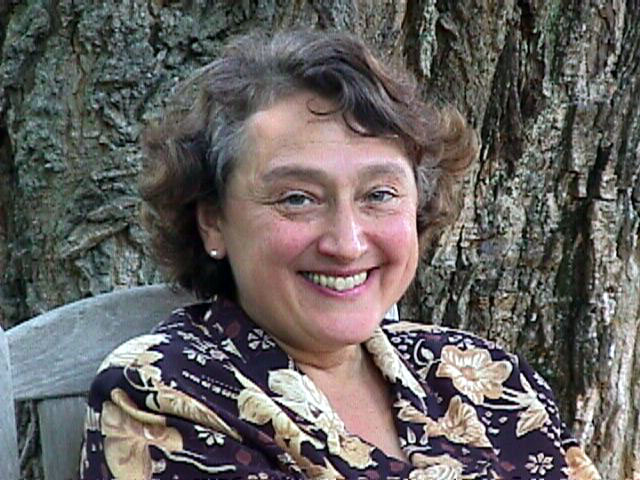
Recent: Repointing Ansel Adams Ubik Fashion Nautilus Shard Betty Boop Dance Reading List 2024 Ready for 2025 Shuttle Computer Abstract Arcs Election Night RCS Photos Space Stamps Fireworks Long Black Curly Eyes Nixie Tubes Memory Scavengers Nightshade Cobras Magical Feedback of Oz |
Aside from the inherent beauty and elegance of this theory, it has an
enormously important practical application in the study of human
origins. Since the organelles in modern cells that still have their own
DNA, as prokaryote-descendants, reproduce non-sexually, their mutation
rate is speady and predictable. Thus, unlike the host cell DNA of a
complex organism like a human, a comparison of mitochondria DNA between
two individuals can accurately indicate the amount of time that has
elapsed since diversion. This has been used to discover the order and
pattern of humanity's spread to the Americas and the South Pacific.
(Often overthrowing previous theories.)
|
